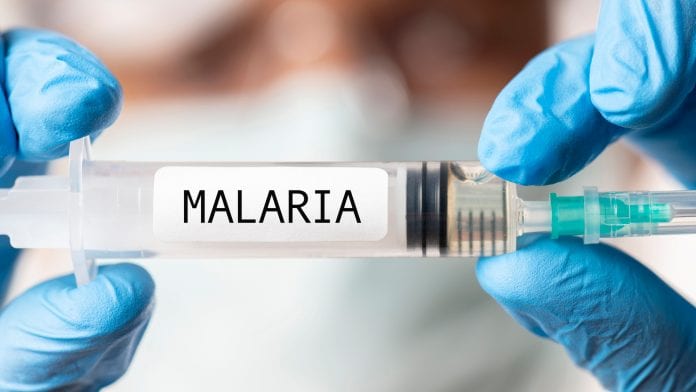
R21/Matrix-M has become the first malaria vaccine ever to achieve the World Health Organization’s 75% efficacy goal after being confirmed by a Phase IIb trial.
The research conducted by Oxford University and their partners demonstrated that the R21/Matrix-M malaria vaccine exhibited high-level efficacy of 77% during a 12-month follow-up period, becoming the first malaria vaccine ever to attain the WHO’s Malaria Vaccine Technology Roadmap goal of 75%.
Malaria disease: the deadly killer of African children
Malaria is a parasitic disease that carries extremely lethal effects; often disseminated by mosquitos, malaria induces high fevers, sickness, shaking, and flu-like symptoms that have fatal consequences, with deaths predominantly being among African children where transmission rates are exceedingly high.
The WHO estimates that malaria causes over 400,000 deaths worldwide each year, with 229 million cases of clinical malaria reported in 2019 alone. In recent years, progress towards mitigating malaria mortality has stalled, with more than 100 vaccines over recent decades being unable to surpass the WHO 75% efficacy target.
Trialling the R21/Matrix-M malaria vaccine
To investigate the vaccine’s effectiveness, the researchers conducted a Phase IIb randomised, controlled, double-blind trial at the Clinical Research Unit of Nanoro (CRUN)/Institut de Recherche en Sciences de la Santé (IRSS), Burkina Faso. Here, they recruited 450 participants, aged five to 17 months from Nanoro – an area with a population of 65,000 people.
The investigators then split the children into three groups; the first two were administered the R21/Matrix-M (with either a low dose or high dose of the Matrix-M adjuvant), and the remaining control group were given a rabies vaccine, with doses issued between May 2019 and August 2019.
The findings demonstrated that the higher-dose adjuvant group displayed an efficacy of 77%, with the lower-dose adjuvant group registering 71%, with no severe adverse effects found during the 12 months of follow up. Next, the phase IIb trial funded by the EDCTP2 Programme and supported by the European Union was extended with a booster vaccination, which will be applied before the next malaria season.
The recruitment for a Phase III licensure trial has been set in motion, with the researchers, in collaboration with the Serum Institute of India Private Ltd and Novavax Inc, aiming to assess 4,800 children, aged five to 36 months, across four African countries to determine large-scale efficacy and safety of the vaccine.
Halidou Tinto, Professor in Parasitology, Regional Director of IRSS in Nanoro, and the trials Principal Investigator said: “These are very exciting results showing unprecedented efficacy levels from a vaccine that has been well-tolerated in our trial programme. We look forward to the upcoming Phase III trial to demonstrate large-scale safety and efficacy data for a vaccine that is greatly needed in this region.”
Adrian Hill, Director of the Jenner Institute and Lakshmi Mittal and Family Professor of Vaccinology at the University of Oxford, and co-author of the paper, said: “These new results support our high expectations for the potential of this vaccine, which we believe is the first to reach the WHO’s goal of a vaccine for malaria with at least 75% efficacy.
“With the commitment by our commercial partner, the Serum Institute of India, to manufacture at least 200 million doses annually in the coming years, the vaccine has the potential to have major public health impact if licensure is achieved.”
Gareth Jenkins, Director of Advocacy, Malaria No More UK, said: “An effective and safe malaria vaccine would be a hugely significant extra weapon in the armoury needed to defeat malaria, which still kills over 270,000 children every year. For decades, British scientists have been at the forefront of developing new ways to detect, diagnose, test, and treat malaria, and we must continue to back them.
“A world without malaria is a world safer both for the children who would otherwise be killed by this disease and for us here at home. Countries freed from the malaria burden will be much better equipped to fight off new disease threats when they inevitably emerge in the future.”






















